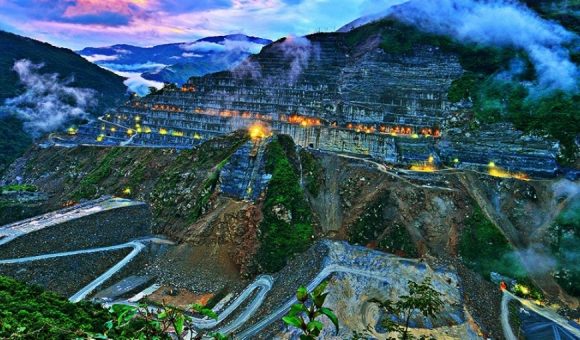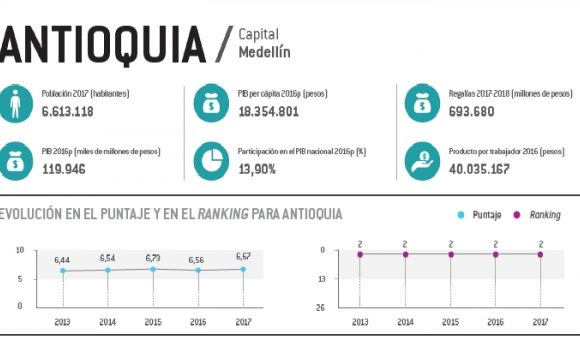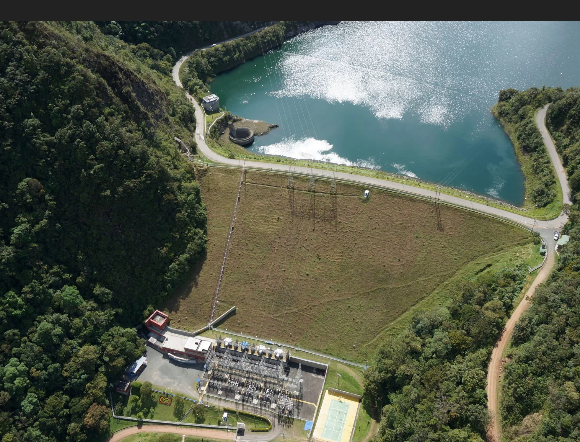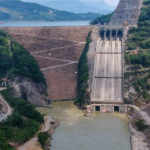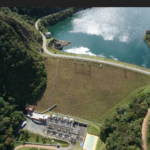Antioquia Governor Gaviria Charged with Corruption, Deposed; President Duque Names Temporary Replacement
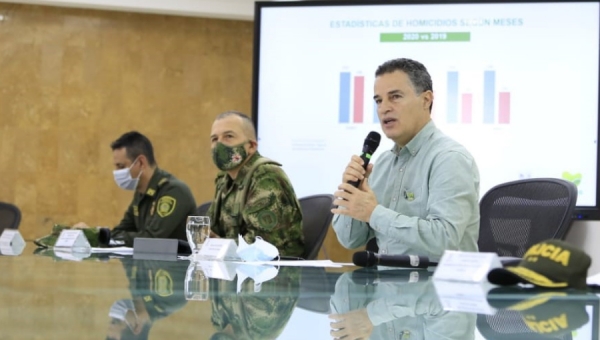
Colombia Attorney General Francisco Barbosa Delgado announced June 5 in a press conference that Antioquia Governor Aníbal Gaviria has been charged with alleged corrupt management of a highway construction contract during his first term as governor between 2004 and 2007.
“The evidentiary elements indicate irregular payment of advances and other anomalies in the process of contracting and construction of ‘La Troncal de La Paz’ [the Peace Highway] during the governor’s first term between 2004 and 2007,” according to the Attorney General.
Following a Supreme Court order, Gaviria has been removed from office and put under arrest, according to the Attorney General.
“The decision was communicated earlier today to the President of the Republic [Ivan Duque] to comply with the legal mandate to suspend [Gaviria’s governorship]. In this sense, the head of state [President Duque] must complete the necessary procedures to guarantee the administrative functioning of the department of Antioquia,” according to the Attorney General
The Attorney General alleges that Gaviria “incurred in contract crimes without compliance with legal requirements in homogeneous competition” as well as “embezzlement by appropriation in favor of third parties.”
“[I]n the contract for the improvement and paving of the Troncal de la Paz — La Cruzada – Caucasia section — signed in 2005 for a value of COP$41.66 billion [US$11.7 million], an advance payment of 25% was initially agreed and then it was extended to 29%, which meant almost COP$1.5 billion [US$420,000] more for the contractor. This amendment ignored essential legal requirements, such as planning and transparency principles.
“In addition, it was found that the aforementioned advance was paid without the approval of a contractual guarantee that would ensure the correct destination of the money. This omission caused the contractor to invest more than COP$10 billion [US$2.8 million] in machinery and equipment.
“The investigation revealed that two additions were made to the initial contract, which would also have failed to comply with the essential principles of public procurement. One represented about COP$4 billion [US$1.1 million] for adjustments of a specific sector of the same [highway]; the other, by means of a contract addition, was carried out four days before the end of the governor’s term and contemplated the construction of an access road to the municipality of El Bagre, Antioquia.
“This last matter, which committed more than COP$16 billion [US$4.5 million], had to be the subject of a new selection process and could not be part of the original contract,” according to the Attorney General.
Since Governor Gaviria “was the legal representative of the Department [and] the authorizing officer of the expenditure, even if he had delegated the function of contracting, he had to exercise the oversight, coordination and control of the delegation,” according to the Attorney General.
Governor Gaviria flatly denied the charges — citing evidence he already delivered to the Supreme Court — and accused his political competitors of cooking-up the prosecution as an act of political revenge.
As required by Colombian law, President Duque on June 5 appointed a temporary governor (Antioquia General Secretary Luis Fernando Suárez Vélez) until the coalition of parties that backed Governor Gaviria in the last election can name his replacement.
Writing in his Twitter account, President Duque added that “I respect institutionality [of the Court order requring Gaviria to step-down]. I have known and worked with Dr. Aníbal Gaviria for years; I have deep respect, appreciation and recognition for him. My solidarity with him and his family.”

